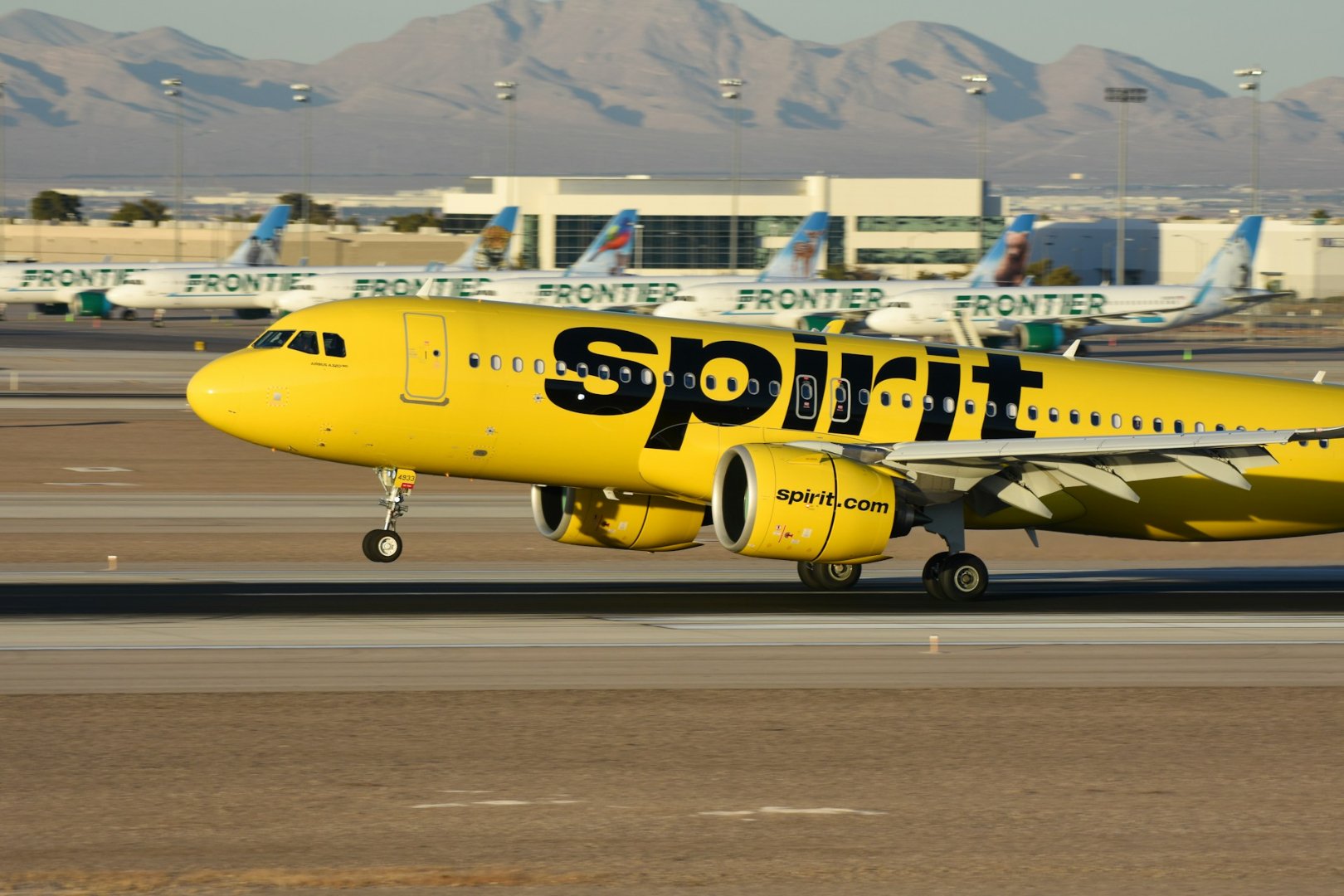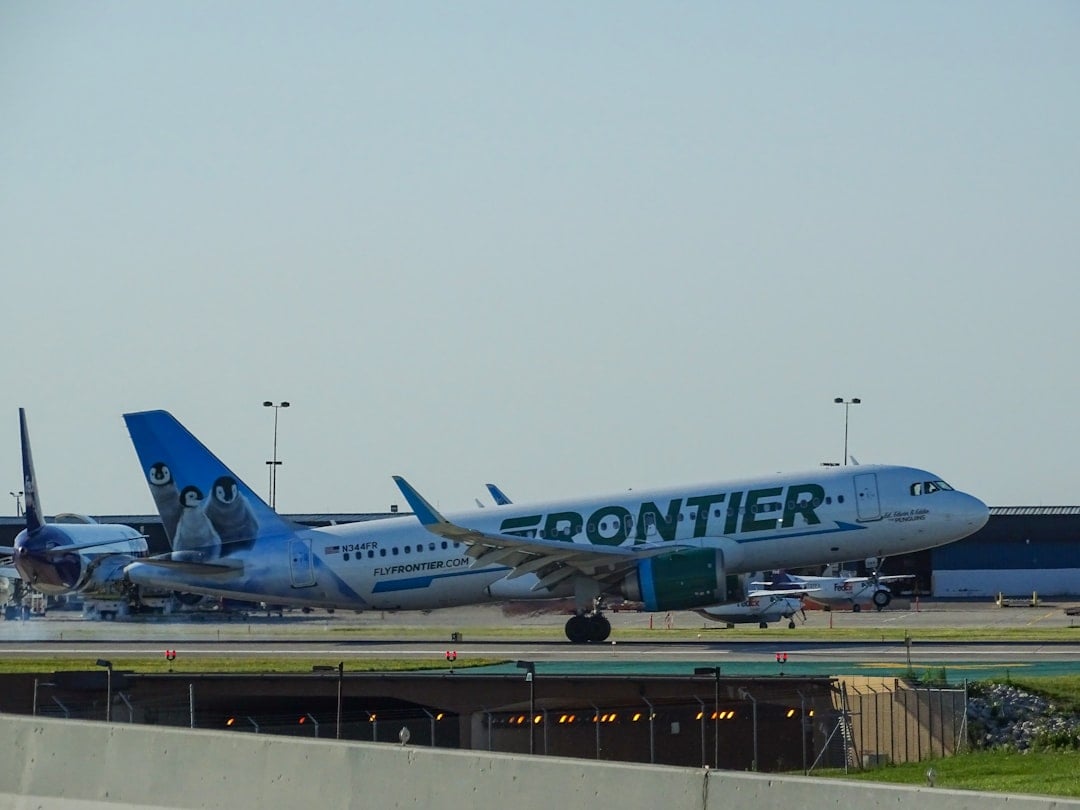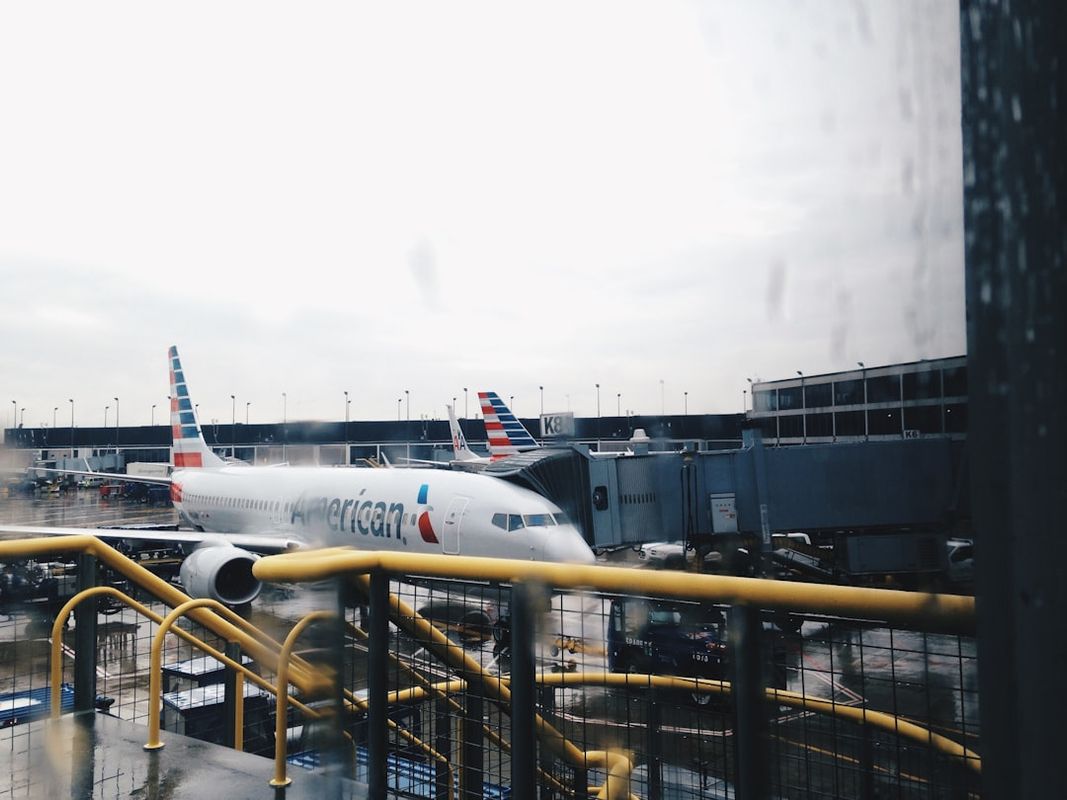Key Takeaways
• John Charles Robinson arrested June 5, 2025, after calling a fake bomb threat at Detroit Metropolitan Airport.
• Spirit Airlines canceled Flight NK2145, evacuated passengers, and FBI agents found no explosives after a thorough search.
• Robinson faces up to 10 years in federal prison and $5,000 fines for false bomb threat charges.
A Spirit Airlines passenger’s desperate attempt to catch a missed flight at Detroit Metropolitan Airport has led to federal charges, a major security scare, and a stark warning for travelers about the severe consequences of making false threats. On June 5, 2025, 23-year-old John Charles Robinson was arrested after calling in a fake bomb threat in hopes of delaying his flight to Los Angeles. This incident not only disrupted hundreds of lives but also triggered a full-scale law enforcement response, highlighting the seriousness with which authorities treat any threats involving air travel.
What Happened at Detroit Metropolitan Airport?

Early on the morning of June 5, 2025, Robinson missed his scheduled Spirit Airlines flight, NK2145, from Detroit Metropolitan Airport (DTW) to Los Angeles (LAX). Instead of waiting for the next available flight—almost 12 hours later—he made a decision that would change his life. Using his personal cell phone, Robinson called the Spirit Airlines reservations line at 6:25 AM and claimed there was a bomb threat targeting both the airport and his missed flight.
During the 16-minute call, Robinson told the airline, “there’s gonna be someone who’s gonna try to blow up the airport” and “there’s gonna be someone that’s gonna try to blow up that flight, 2145.” He described a fictional suspect, saying the person would be “carrying a bomb through the TSA” and insisted the bomb “would not be able to be detected.” Robinson also asked that the flight not be allowed to board, hoping this would delay the plane long enough for him to catch it.
Immediate Response: Security Lockdown and Flight Cancellation
Spirit Airlines took the threat seriously. The airline immediately canceled Flight NK2145, evacuated all passengers and crew, and alerted authorities. The aircraft was moved to a remote area of the airport, and everyone on board was transported by bus to the Evans Terminal for additional screening. Bomb-sniffing dogs and FBI agents swept the plane and surrounding areas, but no explosives were found.
Key actions taken:
– Flight canceled and all passengers/crew deplaned
– Aircraft moved to a secure location for inspection
– Passengers and crew rescreened for safety
– FBI and bomb-sniffing dogs deployed to search for explosives
Spirit Airlines later confirmed, “The aircraft taxied to a remote location, and Guests were safely deplaned and transported back to the terminal. The Guests were rescreened, and the aircraft was inspected and cleared by law enforcement.” The airline stressed, “The safety of our Guests and Team Members is our top priority, and we are working to get our Guests to their destination as soon as possible.”
Investigation: How the FBI Tracked Down the Caller
The FBI quickly traced the threatening call to Robinson’s personal cell phone, which he had used for about six years. Investigators discovered that Robinson had been booked on the very flight he claimed was under threat but had missed it and was told he would have to wait until 6:30 PM for the next available flight to Los Angeles.
When Robinson returned to Detroit Metropolitan Airport later that same day to catch his rescheduled flight, FBI agents were waiting for him. He was arrested on the spot.
Evidence gathered by the FBI included:
– Phone records linking the call to Robinson’s personal number
– Robinson’s admission during questioning that he made the call
– A recorded confession after agents played the call back to him
– Written consent from Robinson allowing authorities to search his device
Robinson admitted he made the bomb threat in hopes of delaying the flight long enough for him to board, rather than waiting at the airport for nearly half a day.
Legal Consequences: Federal Charges and Court Proceedings
Robinson now faces serious federal charges. He has been charged with:
– Use of a cellphone to threaten/maliciously convey false information about an attempt or alleged attempt to damage or destroy an airplane by means of an explosive
– Providing false information and hoaxes
If convicted, Robinson could spend up to 10 years in federal prison and face fines of up to $5,000. He made his first court appearance on June 6, 2025, and was released on a $10,000 bond. His next court date is set for June 27, 2025, for a preliminary examination.
These charges are not minor. Federal law treats any threat involving aircraft or airports with the utmost seriousness, even if the threat turns out to be false. The penalties reflect the potential harm and disruption such actions can cause.
For more information on federal laws regarding threats to aviation security, readers can visit the U.S. Department of Justice’s official page on terrorism and hoaxes.
Official Statements: Zero Tolerance for Threats
Authorities have made it clear that any threat to aviation security, even if fake, will be met with swift and severe action.
U.S. Attorney Jerome Gorgon, Jr. stated:
“No American wants to hear the words ‘bomb’ and ‘airplane’ in the same sentence. Making this kind of threat undermines our collective sense of security and wastes valuable law enforcement resources.”
Cheyvoryea Gibson, head of the FBI’s Detroit Field Office, added:
“Anyone who threatens to bomb an aircraft and endanger public safety will be swiftly investigated and brought to justice. The alleged bomb threat prompted a coordinated response by our FBI Detroit Joint Terrorism Task Force, in partnership with the Wayne County Airport Authority Police Department and the U.S. Federal Air Marshal Service.”
Impact on Passengers, Crew, and Airport Operations
The false bomb threat caused major disruption for everyone involved. Passengers and crew were evacuated from the aircraft and had to undergo extra security checks. Many travelers missed connecting flights, experienced long delays, and faced uncertainty about their travel plans.
Immediate effects included:
– Evacuation of all passengers and crew
– Additional screening and security checks
– Flight cancellations and delays
– Emotional distress and inconvenience for travelers
Spirit Airlines worked to rebook affected passengers and provide updates, but the incident still caused significant delays and frustration.
Why Are Bomb Threats Taken So Seriously?
Even when a threat is false, authorities must treat every report as real until proven otherwise. This is because the risk to public safety is too great to ignore. Responding to a bomb threat involves:
– Evacuating aircraft and terminals
– Deploying bomb squads and law enforcement
– Delaying or canceling flights
– Rescreening passengers and luggage
These actions are costly, time-consuming, and disruptive. They also create fear and anxiety for travelers and staff. According to analysis by VisaVerge.com, even a single false threat can cost airlines and airports hundreds of thousands of dollars in lost revenue, overtime pay, and security expenses.
The Broader Impact: Legal and Immigration Consequences
While Robinson is a U.S. citizen, it’s important to note that non-citizens who make similar threats could face even more severe consequences. In addition to criminal charges, non-citizens may be subject to:
– Deportation or removal proceedings
– Inadmissibility to the United States 🇺🇸 in the future
– Loss of immigration status or denial of future visa applications
Federal law allows for the removal of any non-citizen convicted of making threats against aviation security. This means that even a single impulsive act can have lifelong consequences, including being barred from entering the United States 🇺🇸 again.
For travelers, especially those on visas or with pending immigration cases, it’s critical to understand that any criminal conviction—especially one involving threats or hoaxes—can have a direct impact on immigration status. The U.S. government considers crimes involving moral turpitude, such as making false threats, as grounds for removal or denial of benefits.
Lessons for Travelers: Think Before You Act
This case serves as a powerful reminder that actions taken in frustration or desperation can have serious, long-lasting effects. Missing a flight is inconvenient, but making a false threat is a federal crime. The consequences go far beyond a delayed trip—they can include prison time, heavy fines, and a permanent criminal record.
Key takeaways for travelers:
– Never make false threats or jokes about bombs, weapons, or security risks at airports or on airplanes
– Understand that all threats are investigated as if they are real, regardless of intent
– Recognize the impact on other travelers, airline staff, and law enforcement
– Be aware of the legal and immigration consequences of criminal behavior, especially for non-citizens
What Should You Do If You Miss Your Flight?
Missing a flight can be stressful, but there are safe and legal ways to handle the situation:
– Speak with airline staff to see if you can be rebooked on the next available flight
– Check for standby options or flights with other airlines
– Contact your travel insurance provider if you have coverage for missed flights
– Remain calm and patient—airline staff are more likely to help if you are respectful
Never attempt to delay a flight or disrupt airport operations. The risks far outweigh any possible benefit.
How Airlines and Airports Respond to Threats
Airlines like Spirit Airlines have strict protocols for handling threats. When a bomb threat is received, the airline will:
– Immediately notify law enforcement and airport authorities
– Evacuate the aircraft and move it to a secure location
– Rescreen all passengers and crew
– Conduct a thorough search of the aircraft and baggage
– Work with the FBI and other agencies to investigate the source of the threat
These steps are designed to protect everyone’s safety, but they also cause major delays and inconvenience. Airlines may also pursue civil action against individuals who cause disruptions, seeking to recover costs related to the incident.
The Role of the FBI and Law Enforcement
The FBI is the lead agency for investigating threats against aviation in the United States 🇺🇸. They work closely with airport police, the Transportation Security Administration (TSA), and other agencies to respond quickly and thoroughly. The FBI uses advanced technology to trace calls, identify suspects, and gather evidence for prosecution.
In Robinson’s case, the FBI was able to trace the call to his personal phone within hours, gather a confession, and make an arrest the same day. This rapid response demonstrates the seriousness with which authorities treat any threat to public safety.
Final Thoughts: The Cost of a Split-Second Decision
John Charles Robinson’s decision to call in a fake bomb threat after missing his Spirit Airlines flight at Detroit Metropolitan Airport has led to criminal charges, possible prison time, and a permanent mark on his record. The incident disrupted hundreds of lives, wasted valuable law enforcement resources, and served as a warning to others about the dangers of making false threats.
For all travelers—citizens and non-citizens alike—the message is clear: airport and airline security is no place for jokes, pranks, or desperate actions. The consequences are real, and they can last a lifetime.
If you want to learn more about federal laws regarding threats to aviation and the penalties involved, visit the U.S. Department of Justice’s official page on terrorism and hoaxes.
Always act responsibly when traveling, and remember that your actions can affect not only your own future but also the safety and peace of mind of everyone around you.
Learn Today
Bomb threat → A false or real claim about explosives intended to cause fear and disruption in security settings.
Federal charges → Criminal accusations brought by the U.S. government involving violations of national laws.
FBI → The Federal Bureau of Investigation, the U.S. agency responsible for investigating federal crimes and threats.
Detention → The act of holding someone in custody pending investigation or trial.
TSA → Transportation Security Administration, responsible for airport security screening and passenger safety in the U.S.
This Article in a Nutshell
A missed Spirit Airlines flight led John Robinson to call a false bomb threat on June 5, 2025. This caused flight cancellations, FBI investigations, and his arrest. Authorities warn travelers not to make threats, as such actions carry severe legal and immigration consequences, including lengthy prison sentences.
— By VisaVerge.com













